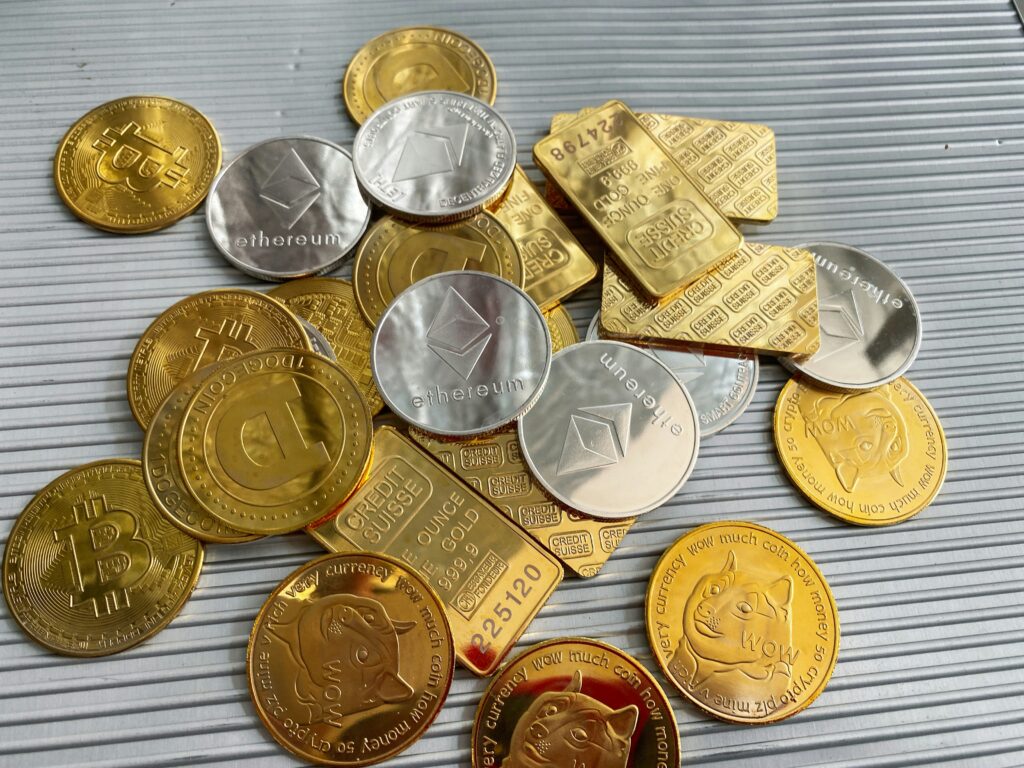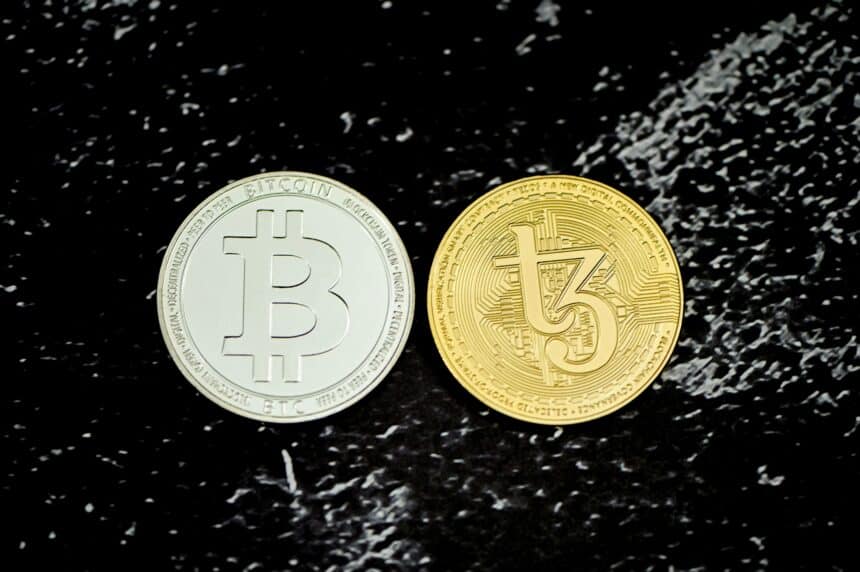KuCoin, a cryptocurrency exchange, has announced that the website will begin collecting a value-added tax (VAT) at a rate of 7.5% on transaction fees for clients whose Know Your Customer (KYC) information is registered in Nigeria. This KuCoin VAT Charge has sparked mixed reactions among crypto enthusiasts.
As a result of this new legislation, which is expected to start on July 8, consumers of KuCoin in Nigeria would be required to pay a slightly higher fee for their transactions. In particular, the 7.5% value-added tax applies to all types of transactions that take place on the KuCoin platform, and it is only applied to the transaction fee, rather than the total value of individual transactions.
Despite this, KuCoin is one of the cryptocurrency websites that the Nigerian government is now prohibiting. Regarding the recently announced value-added tax (VAT) levy, some Nigerian cryptocurrency players find the news baffling because the regulatory authorities have not yet spoken.
Lucky Uwakwe, president of the Blockchain Industry Coordinating Committee of Nigeria (BICCoN), expressed various questions and worries about possible fraud and openness problems with the new fee. Uwakwe asked how the Nigerian government would validate that the gathered VAT is sufficiently remitted, guarantee correct reporting of commercial operations, and verify user count.

Given the Central Bank of Nigeria’s (CBN) limitations on crypto-to-fiat conversion, there are also questions regarding KuCoin’s VAT payment method. It needs to be clarified whether the VAT covers all crypto transactions or only peer-to-peer exchanges using naira.
The leader of the blockchain organization wondered whether the VAT would apply to Nigerians residing and accessing KuCoin outside the country and whether the CBN would let banks enable crypto exchanges.
A KuCoin spokesman informed news reporters that the fee follows Nigeria’s revised VAT Act, which mandates VAT on all products and services imported into the nation, including those included in the First Schedule.
KuCoin is dedicated to following the 2021 Finance Act, which applies VAT if the beneficial owner of the goods or rights is a taxable person in Nigeria.
In an interview, local crypto analyst Rume Ophi remarked that the VAT tax is a positive change. He conjectured that the government acknowledges digital assets as a financial tool.
Ophi added that he wouldn’t be shocked if licenses were given to industry players and crypto laws were shortly followed. He underlined that the government lost a chance by extending the CBN prohibition until 2021.
Ophi claims that Nigeria lacks exchanges capable of competing with global founders since their actions resulted in players moving offshore instead of developing the young industry.
Understanding the Implications of KuCoin VAT Charge in Nigeria
Concerns and disagreements have arisen within the cryptocurrency community as a result of KuCoin’s intention to implement a value-added tax (VAT) of 7.5% on transaction fees beginning on July 8 for clients located in Nigeria. Even though KuCoin is now prohibited in Nigeria, the introduction of this VAT creates problems regarding both regulatory implementation and operational procedures.
Lucky Uwakwe, who works for BICCoN, has expressed concerns over the prevention of fraud, transparency in the collection of VAT, and the tax’s applicability in accordance with the regulations now in place at the Central Bank of Nigeria. As the discussions continue to unfold, analysts like Rume Ophi see the KuCoin VAT Charge as a potential acknowledgement of digital assets in Nigeria. However, with the data in hand, there are still problems regarding the local market’s competitiveness and the regulatory framework’s clarity.




























